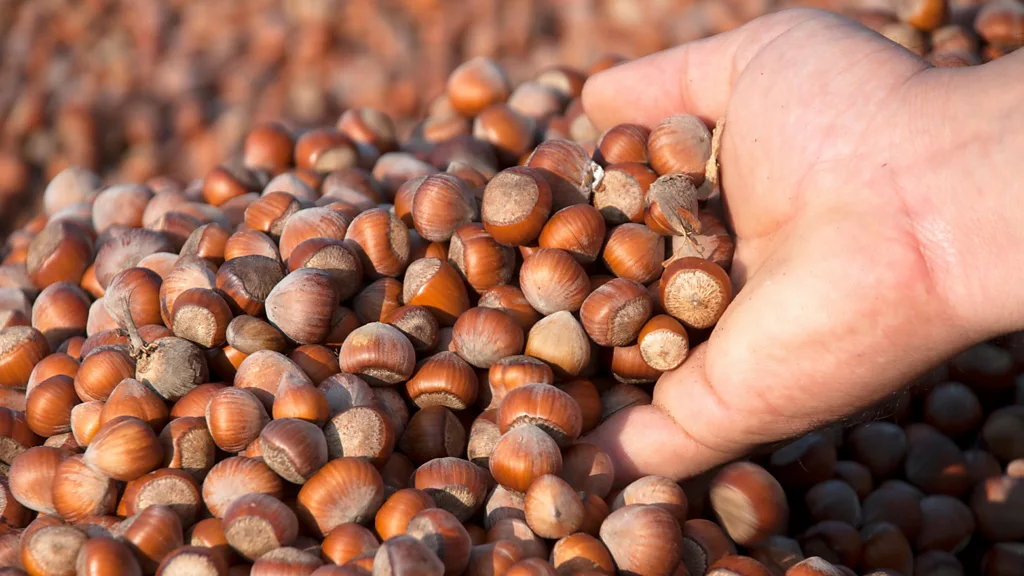Homowo: Unveiling rich cultural heritage of Ga People

The Ga people have a storied history that spans over 1,000 years. Their origins date back to the ancient GaDangme kingdom which emerged in the 13th Century.
The kingdom was renowned for its powerful rulers, skilled farmers and expert fishermen. Over time, the GaDangme kingdom expanded, and its people developed a distinct culture, language and tradition that has been passed down through generations.
One of the most significant events in Ga history was the migration of the Ga people to the coastal plains of present-day Accra. The migration, which took place in the 17th Century, was driven by the search for fertile land and access to trade routes. The Ga people established several settlements along the coast, including Accra, which became a major trading hub. This strategic location facilitated trade with the European colonisers who established trade posts and forts in Ga territory.
The Ga people have a long history of interaction with the European colonisers, dating back to the 15th Century. The Portuguese, Dutch and British established trade posts and forts in Ga territory, which had a profound impact on Ga culture and society.
Despite the challenges posed by colonialism, the people maintained their cultural identity and traditions. They continued to practise their unique customs, including the Homowo, which has been celebrated for centuries.
Homowo is the quintessential Ga festival that commemorates the harvest season, and expresses gratitude for the bounty of the land. The sprinkling of Kpokpoi, a fermented corn dough, is an integral part of this celebration. This act symbolises the sharing of abundance, unity and communal bonding.
Beyond its symbolic meaning, Kpokpoi sprinkling serves as a spiritual ritual seeking the blessings of the gods and ancestors for a prosperous harvest. It is a poignant reminder of the community's connection to their heritage and the divine.
Moreover, Homowo fosters social cohesion, as people come together to share in the joy and bounty of the season. The act of sprinkling Kpokpoi transcends age, gender and social status, promoting a sense of belonging and togetherness.
In an era where modernisation and urbanisation threaten to erode traditional practices, it is heartening to see the Ga community steadfastly upholding their cultural heritage. The celebration of Homowo serves as a testament to the resilience and pride of the Ga people.
The rich history and traditions associated with Homowo should serve as a reminder of the importance of preserving cultural identity and heritage in the face of modernisation and globalisation.
In conclusion, the sprinkling of Kpokpoi during Homowo is more than just a ritual – it is a vibrant expression of Ga history, spirituality and unity. May this tradition continue to thrive, inspiring future generations to cherish and celebrate their rich cultural heritage.
By embracing our cultural heritage, we can build a stronger sense of community and identity, and ensure the continued survival of our tradition for generations to come.
Source: Daily Graphic
























































